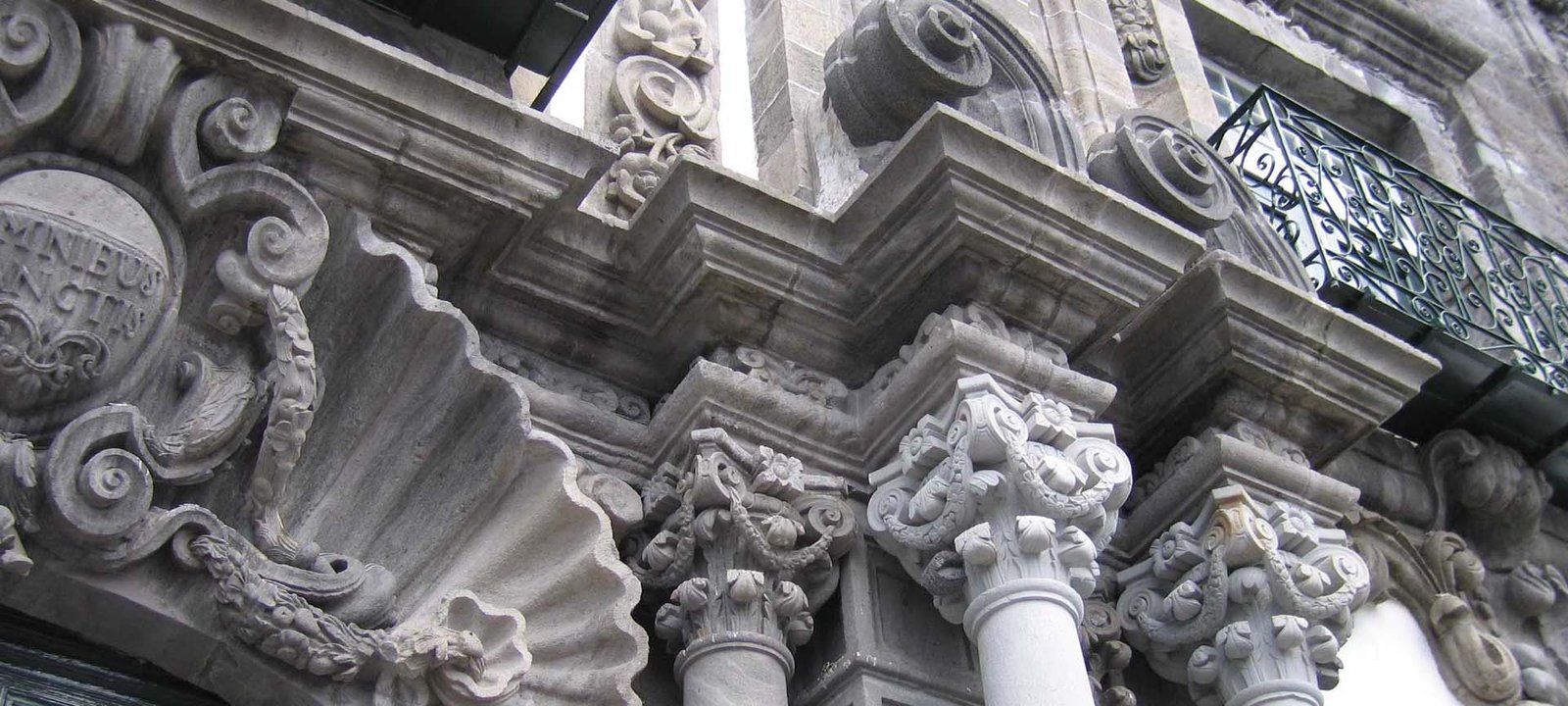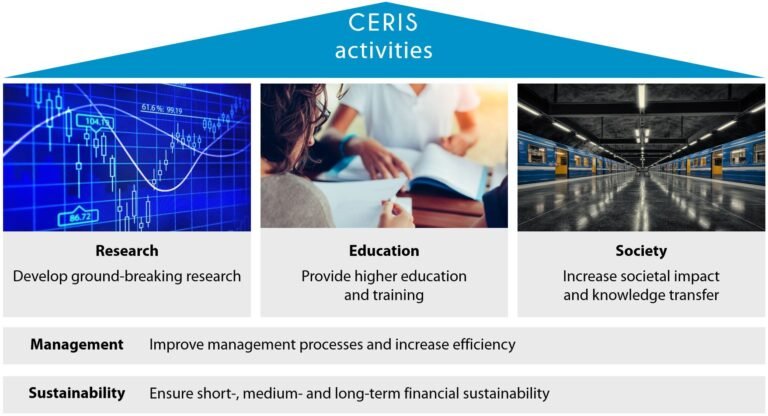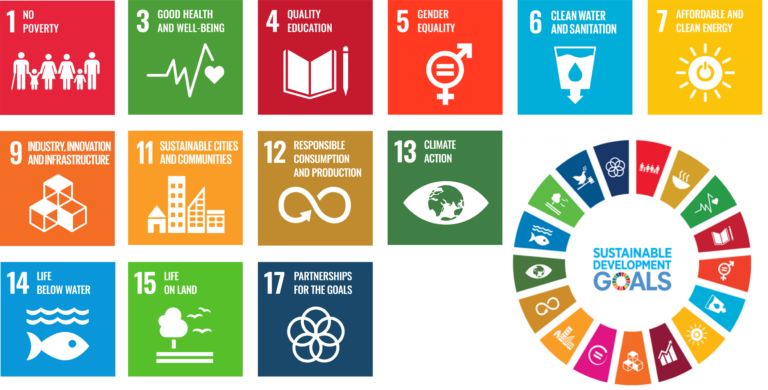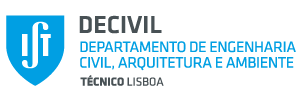
MISSION, VISION, VALUES AND OBJECTIVES
MISSION
CERIS mission is to create and disseminate scientific knowledge in the broad field of Civil Engineering while fostering higher education and advanced training.
This mission involves bringing together and actively engaging creative scientists, exceptionally talented students, and industry-leading professionals in both fundamental and applied research at national and international levels.
CERIS broadband knowledge addresses issues such as hydraulic, fluvial, and coastal systems; water resources, ecosystem services, and pollution control; strategic environmental assessment; systems’ modelling and optimization; urban and regional transportation systems; mobility of people and goods; eco-friendly and advanced materials, solutions, and technologies; sustainable construction; structural engineering; geotechnics; decision processes; public policies and governance.
VISION
CERIS vision is to be a worldwide recognized leading research centre in civil engineering, addressing key societal challenges by developing cutting-edge research conducted using an interdisciplinary approach.
CERIS is focused on collaboratively delivering state-of-the-art advances and developing innovative Civil Engineering solutions that serve the industry, the natural and built environment, and society. These achievements are grounded on a robust scientific background and advanced engineering methods, encompassing analytical, numerical, and experimental approaches.
VALUES
CERIS upholds fundamental values that guide the CERIS community’s behaviour and are at the core of the developed R&D activity:

Excellence | Accountability – Commitment – Effectiveness – Dedication – Perseverance
CERIS strives to develop cutting-edge research addressing societal issues in the built and natural environments and to create and disseminate new knowledge with a high practical impact on society and the environment. CERIS community is strongly encouraged to be accountable, committed, effective, dedicated, and persevering in the development of R&D and advanced education activities.
Respect | Equity – Diversity – Dialogue – Inclusion – Understanding
CERIS deeply recognizes the importance of human respect, dignity, equity, and diversity. Research activities are nourished by a diversity of views, the right of free expression, dialogue and understanding. Differences, more than well accepted, are welcome, and discussion is encouraged. Equal opportunities are given, regardless of gender, race, religion, or background, promoting the inclusion of all.
Collaboration | Communication – Teamwork – Community – Supportive
Collaboration within and outside the CERIS community is largely encouraged, given the diversity of research areas. Synergies, interdisciplinarity, and teamwork are fostered. Communication and knowledge sharing are encouraged through diverse dissemination activities, such as pizza seminars, webinars, social networks, and the CERIS website.
Innovation | Visionary – Creativity – Talent – Courage – Discovery
Innovative solutions are cultivated through fundamental and applied research driven by visionary and creative thinking. CERIS is constantly looking for top scientists and talented students who have the courage to take risks, push the boundaries of knowledge, and make new scientific discoveries.
Seriousness | Transparency – Ethics – Trust – Authenticity
All CERIS activities are steered by unwavering ethical principles, emphasizing integrity, transparency, rigour, honesty, and authenticity. These core values form the bedrock of CERIS commitment to conducting research and fostering a collaborative environment that upholds the highest standards of ethical conduct.
OBJECTIVES
Strategic objectives
CERIS activity is firmly anchored in three foundational objectives, aligned with the IST for 2020-2030 Strategic Plan – Research, Education, and Society, and two transversal objectives – Improving management processes and ensuring financial sustainability.

O1. To develop ground-breaking research
CERIS is committed to continuing to develop ground-breaking fundamental and applied research beyond the frontiers of knowledge in the broad field of the Built and Natural Environments and related disciplines, addressing societal and environmental concerns and serving the country and the world.
O2. To provide an enhanced training experience
CERIS is dedicated to supporting globally acknowledged higher education and delivering top-tier advanced training in Civil Engineering and related disciplines. CERIS’s commitment lies in providing a training environment that meets international standards and fosters innovation, critical thinking, and practical skills essential for addressing the evolving challenges in the field.
O3. To broaden the societal impact
CERIS aims to increase the impact and knowledge transfer to society in Civil Engineering and related disciplines by expanding the development of joint research projects and specialized consultancy activity tailored to the needs of both industry and governmental entities. By fostering dynamic partnerships and engaging in impactful projects, CERIS seeks to facilitate a seamless transfer of knowledge that directly contributes to societal advancements in the field.
O4. To improve management processes and increase efficiency
CERIS aims to improve internal management activities and their efficiency, particularly by enhancing information management and promoting international networking and dissemination activities.
O5. To ensure financial sustainability
CERIS aims to ensure long-term financial sustainability through the increase of participation in international projects and the diversification of developed research and consultancy projects.
Tactical objectives
CERIS objectives and policy guidelines address the research and knowledge transfer needs of Civil Engineering and related areas. These guidelines are set under the principle of educating individuals to a high level of technical skill, critical thinking, ethical standards, and understanding of sustainability questions while exploiting their diverse profiles.
This diversity is instrumental in promoting the different forms of knowledge transfer practised by CERIS, ranging from continuous training and skills development to direct support to industry and public entities.
CERIS main tactical objectives are:
- Increase funding through participation in leading-edge international/national projects;
- Reinforce synergies with international partners and the industry;
- Reinforce and upgrade laboratory facilities with state-of-the-art equipment and instrumentation;
- Retain talent and attract new talent;
- Offering advanced professional education courses;
- Improve dissemination of CERIS achievements and image.
CONTRIBUTIONS TO SDGs 2030
The interdisciplinary research developed at CERIS allows us to build a future that is aligned with the 2030 Agenda for Sustainable Development Goals and with other global policies to increase resilience and safety and to ensure the long-term sustainability of the Built and Natural Environments.

Globally, research activities developed at CERIS directly contribute to the following thirteen out of the seventeen SDGs of the 2023 UN Agenda:
1 – No poverty;
3 – Good health and well-being;
4 – Quality education;
5 – Gender equality;
6 – Clean water and sanitation; 7 – Affordable and clean energy;
9 – Industry, innovation and infrastructure;
11 – Sustainable cities and communities;
12 – Responsible consumption and production;
13 – Climate action;
14 – Life below water;
15 – Life on land;
17 – Partnerships for the goals.

